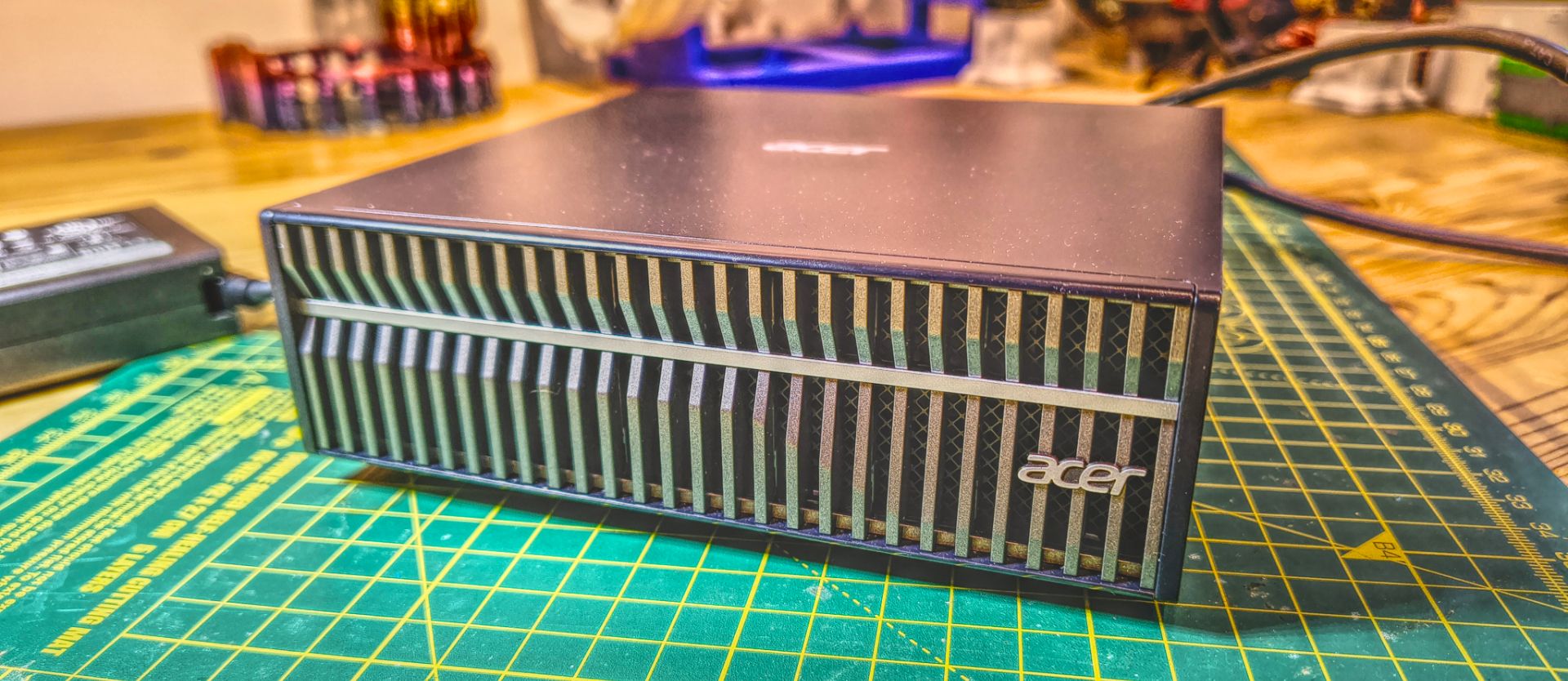
“Growing pains; the struggle to scale in agri-tech”
The recent announcement at WATIS of the UK’s new “Agri-Scale” programme (with Agri-TechE member MTC as partner) shows the government’s recognition of the challenges of growing agri-tech businesses. But why is agri-tech growth such a bumpy road, and what are we doing to tackle it?
The “scale-up challenge” is a well-articulated issue that isn’t unique to agri-tech but one which is, for various reasons, even harder in our sector. Seasonality (you may only get a data set once a year), the weather, pests or diseases wiping out a critical on-farm trial, and the lack of “agri-literacy” among some investors means the ground for agri-tech growth hasn’t been as fertile as we’d like.
Added to that, some farmers won’t engage at scale without the business having a proven track record. Their (not unreasonable) concerns about working with a small venture that might not stay the course are common and threatening to strangle the growth ambitions of many businesses.
Global from the get-go… or not?
There is often a mismatch between the ambitions of the founders and their investors, and the support structures in place to help them. Investors (especially venture capitalists) – with a keen eye on the size of the prize – might push to “go global” to gain rapid growth in different markets.
But a lack of growth-stage capital or finance for operational scaling – certainly in the UK – might be at odds with that ambition. This can send UK-seeded companies off-shore in search of a more nurturing environment in which to flourish – taking their value with them.
There is also a shortage of mid-market support structures. Companies quickly outgrow incubators and accelerators years before they’re ready for exit, so they turn to non-dilutive grant finance to get them through the Valley of Death.
This can be a lifeline, it can also trigger investor scepticism – demonstrating that they are great at writing grant applications, not gaining commercial traction. So, while it’s a useful strategic tool, it should be deployed with caution.













